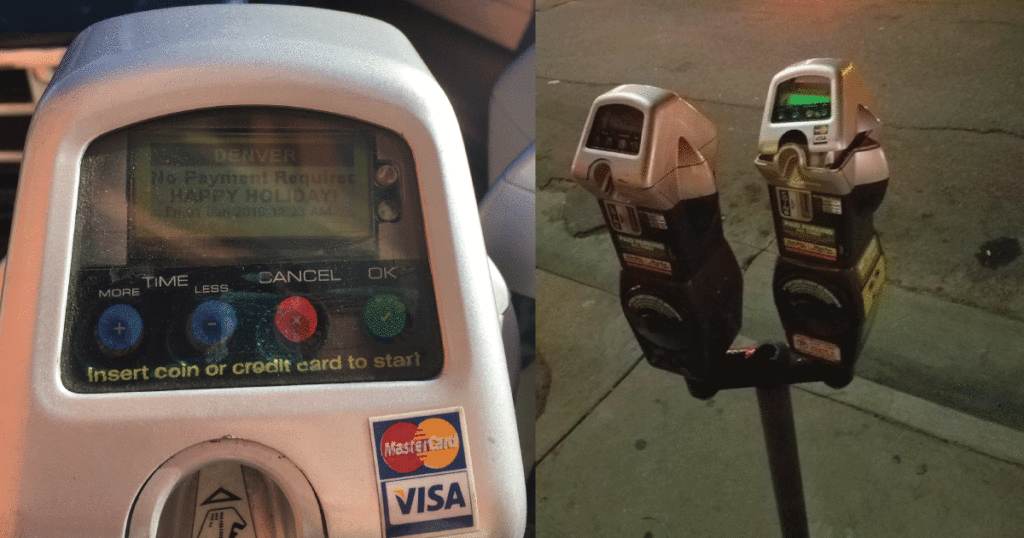

2010) (ruling that, in the federal system, prosecutors have exclusive authority to prosecute crimes and that a private citizen “has no right to initiate a criminal prosecution”) Kailey v. a private citizen lacks a judicially cognizable interest in the prosecution or nonprosecution of another”) Smith v. 614 (1973) (stating that “in American jurisprudence.

There turn out to be quite a few exceptions, but the general rule does seem to be that only government officials of various kinds can initiate criminal prosecutions. The general rule in the United States is that private citizens can’t initiate criminal prosecutions. I have long thought that this was a distinctive feature of North Carolina law, but it seems to be somewhat more common than I believed. As most readers know, it is common in North Carolina for private citizens to seek the issuance of an arrest warrant or a summons. The statute doesn’t limit the source of that information to law enforcement officers.

15A-304, requires only that a magistrate be “supplied with sufficient information, supported by oath or affirmation” to find probable cause. From time to time, I am asked about the right of private citizens to initiate criminal charges by approaching a magistrate.


 0 kommentar(er)
0 kommentar(er)
